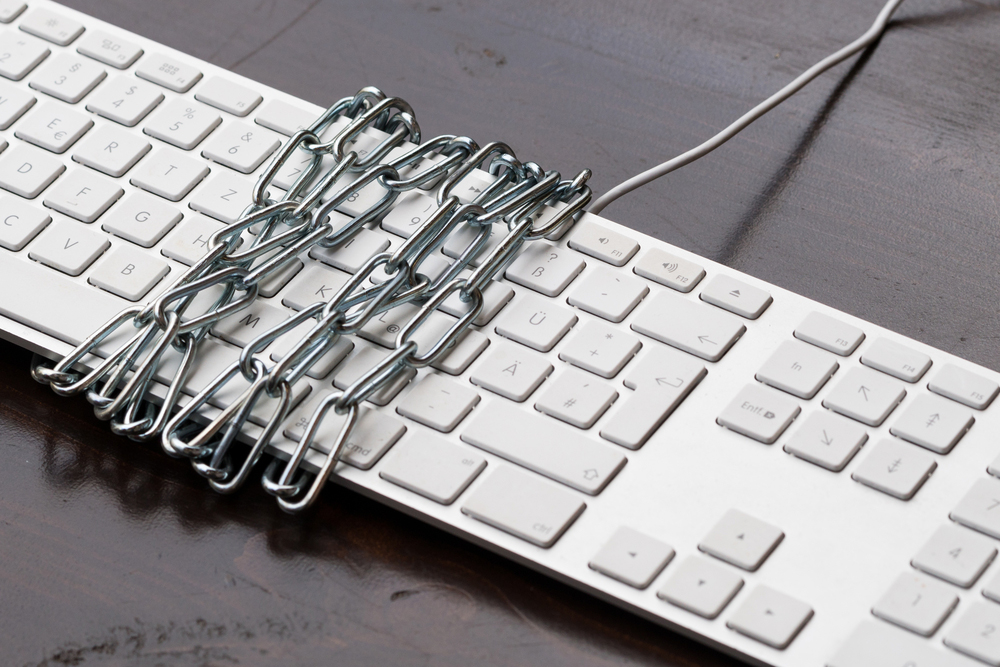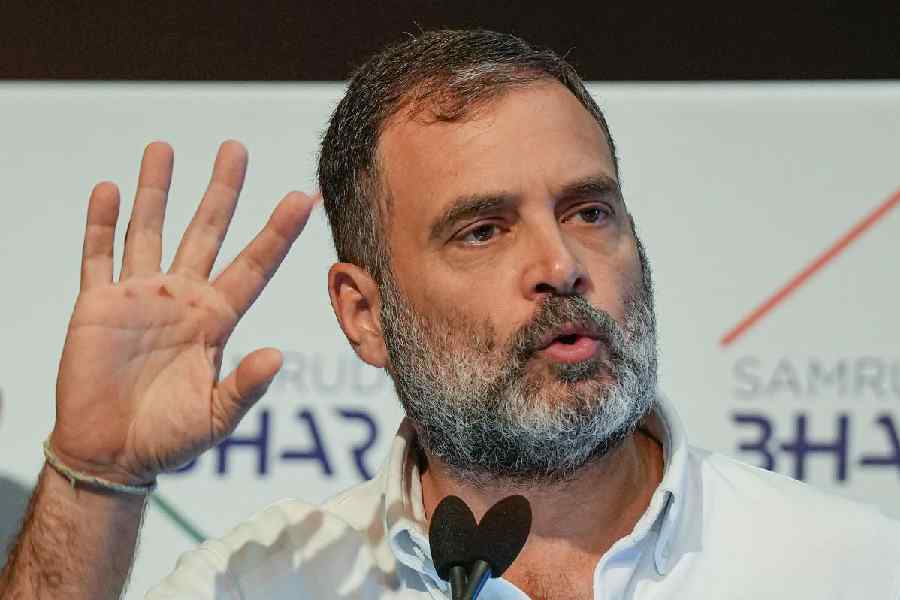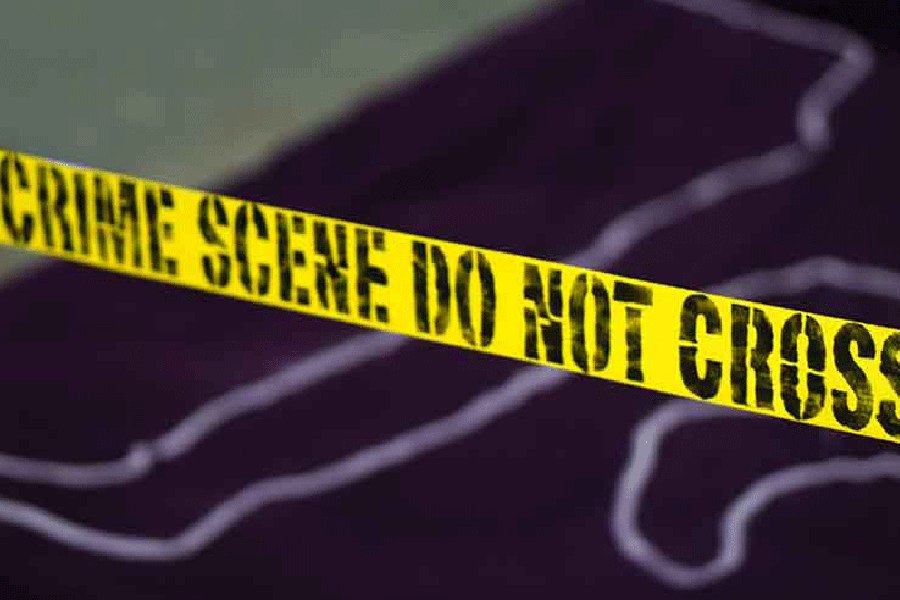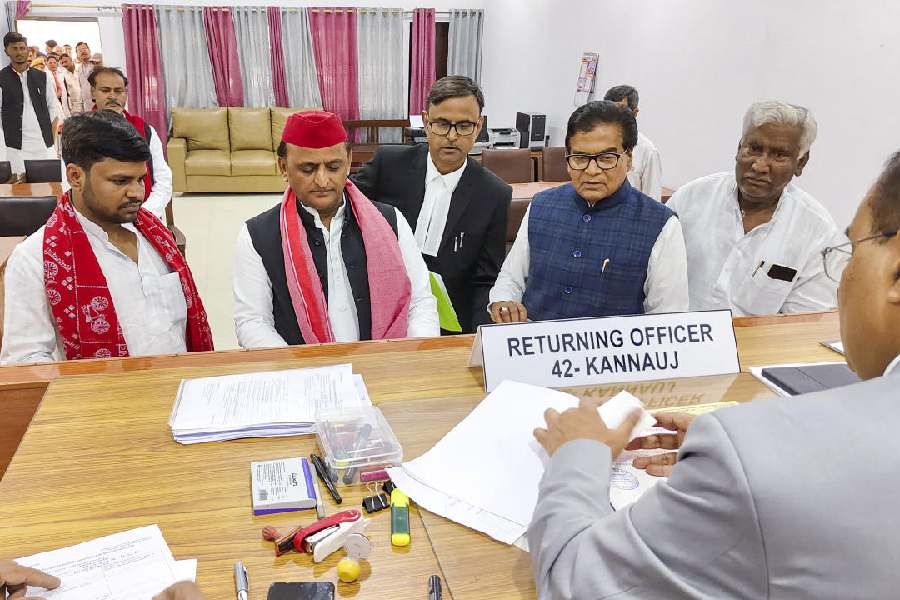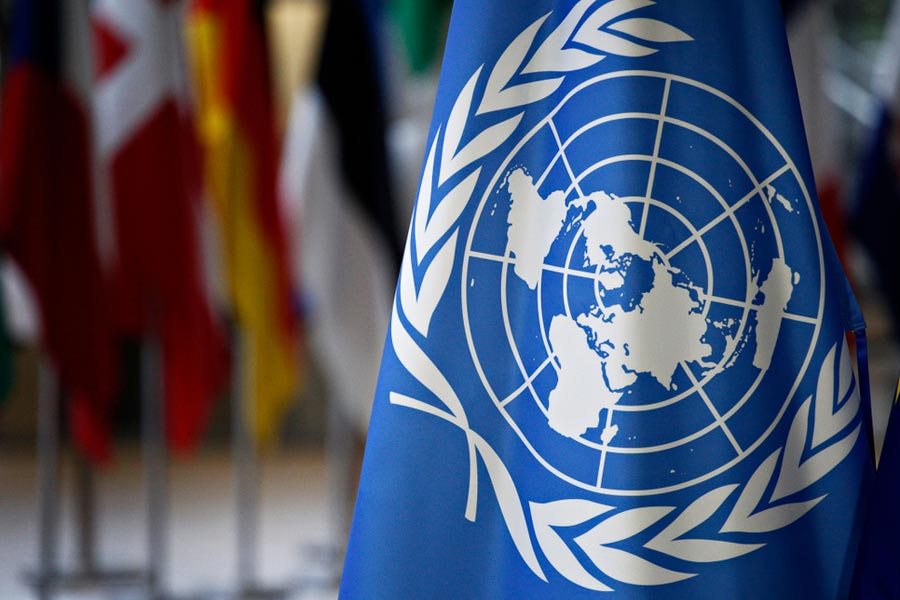Democracy is not just the power to elect your preferred government but, more important, the power to hold the elected government accountable. The Opposition in legislative assemblies or Parliament, or the courts, are not the only democratic mechanisms for undertaking the exercise of accountability. Citizens’ movements, protests, public debate and gatherings are an equal and legitimate means for this exercise. It is thus ironic that the world’s biggest democracy recently devised a tool to curb such modes of practising democratic power. It is the sinister and fascist tool of internet shutdowns.
Internet shutdowns are sinister as they do not directly impinge upon the rights of the people to mobilize or protest, but they reduce the inherent capacity of people to collectivize. It would be wasteful to explain the utility of the internet in sharing knowledge, creating awareness about rights violations or even espousing empathy to a cause in the information age. But, even though the government understands the power of this tool — or perhaps because it does — it introduced the Temporary Suspension of Telecom Services (Public Emergency or Public Safety) Rules, 2017 under the Indian Telegraph Act, 1885. Moreover, unlike other rules on telecommunications for which the nodal Telecom Regulatory Authority of India undertakes public consultations, these rules were enacted without any such exercise. The department of telecommunications under the ministry of communications framed these rules under the Telegraph Act and notified the same on August 7, 2017.
These rules empower the government to shut down telecom services, including internet, in the “interest of public safety” or during “public emergency”. Under the rules, the home secretary to the government of India or the relevant state government can authorize such a blackout. The only check on this authority is a post facto one: within five days of issuing such directions, a review committee shall decide if the necessary circumstances did exist for an internet shutdown to be ordered. This committee is chaired by the cabinet secretary — or the chief secretary in case of a state government — the secretary to the department of legal affairs and the secretary to the department of telecommunications.
An internet shutdown is a sui generis tool now being used in numerous nations. However, nowhere has its use been as disproportionate as it has been in the past three years in India. In 2019 alone, the powers under these rules have been invoked 93 times, with the most remarkable one being the blackout in Kashmir — 155 days and counting. In 2018, internet shutdowns exceeded 130 in number, and in 2017 there were more than 75 such instances. The reasons include everything from the government wanting to prevent the smooth carrying out of examinations to wanting to curb the protests against the Citizenship (Amendment) Act, 2019.
The disproportionate shutdowns are possible on account of the extremely weak framework that allows them. First, the decision for a shutdown is merely a post facto review under Rule 6 of the 2017 rules. Second, a post facto review is merely supposed to check whether the shutdown was
invoked under the right circumstances. No consequences — either civil or penal — have been prescribed under the rules for imposing a shutdown which fails the review. Third, and most important, the review committee is not a judicial committee. Therefore, is not independent. It is composed of secretarial officers — albeit from different departments — who decide on the exercise of power of another secretarial officer. All are top officers of the government. There are no real checks and balances. This is reflected in the shutdowns in 2019 — more than 93 — where not even one has been held to be improper.
These rules need to be challenged before the Supreme Court, for it is unclear if they are reasonable.

